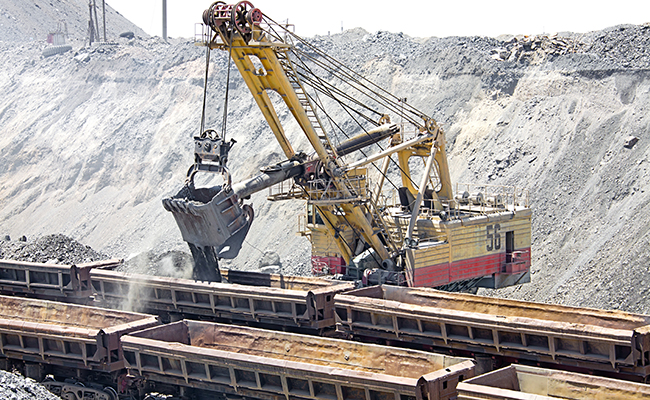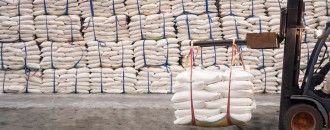
'Ban on iron-ore mining in KTK hurts mining sector'
With the current domestic requirement of 35 million tonnes per annum (MTPA), iron ore reserves in Karnataka wouldn’t last more than 20 years, ASSOCHAM said in a study. “Though Karnataka’s iron ore resources are over 9,000 million tonnes (MT), its reserves are only 750 MT i.e. a mere 8% of its resources, as such more needs to be done to create higher reserves so as to ensure the longevity of the industry in the state,” said the Associated Chambers of Commerce and Industry (ASSOCHAM). The study titled ‘Mining in Karnataka: Enhancing Production’ highlights the impact of banning mining of iron ore and says that the ban will not only damage the mining sector, but also affect Karnataka’s downtrend steel industry along with other related industries such as commercial vehicle, equipment and logistics. The industry body also emphasised the need to increase expenditure on exploration in India, which is very low at $9 per square kilometer as compared to $120 for Australia and $118 for Canada. “ASSOCHAM has suggested for introducing a single window clearance mechanism for approval seeking process as greater coordination is imperative between concerned stakeholders in both government and public sector to ensure that approvals related to reclamation and rehabilitation (R&R), forest clearances and others are processed in a time-bound manner,” said the study. Noting the potential of iron ore industry, ASSOCHAM said that there was a need to simplify mining process in India with the help of best global agencies, who have been involved in providing technical know-how and undertook best mines operations. “Mining being an ecologically, politically and demographically sensitive industry, there is a need to develop practices that are inclusive and sustainable, also important is to ensure that the industry operates within the environmental norms stipulated for the same,” the body said. The study also pointed out at some of the domestic bottlenecks and stressed that the government should form a task force to expedite the statutory clearance, auction of new iron ore mines, reservation for end users and development of iron ore mines in Western Ghats (not in eco-sensitive zone) to strengthen the domestic industry. It, however, remained optimistic with the recently-passed Mines and Minerals Development and Regulation (MMDR) Amendment Bill and said the new initiative will kick-start investments and will give a fillip to mining activities in the region.
November 17, 2015 | 6:20 pm IST






 to success.
to success.